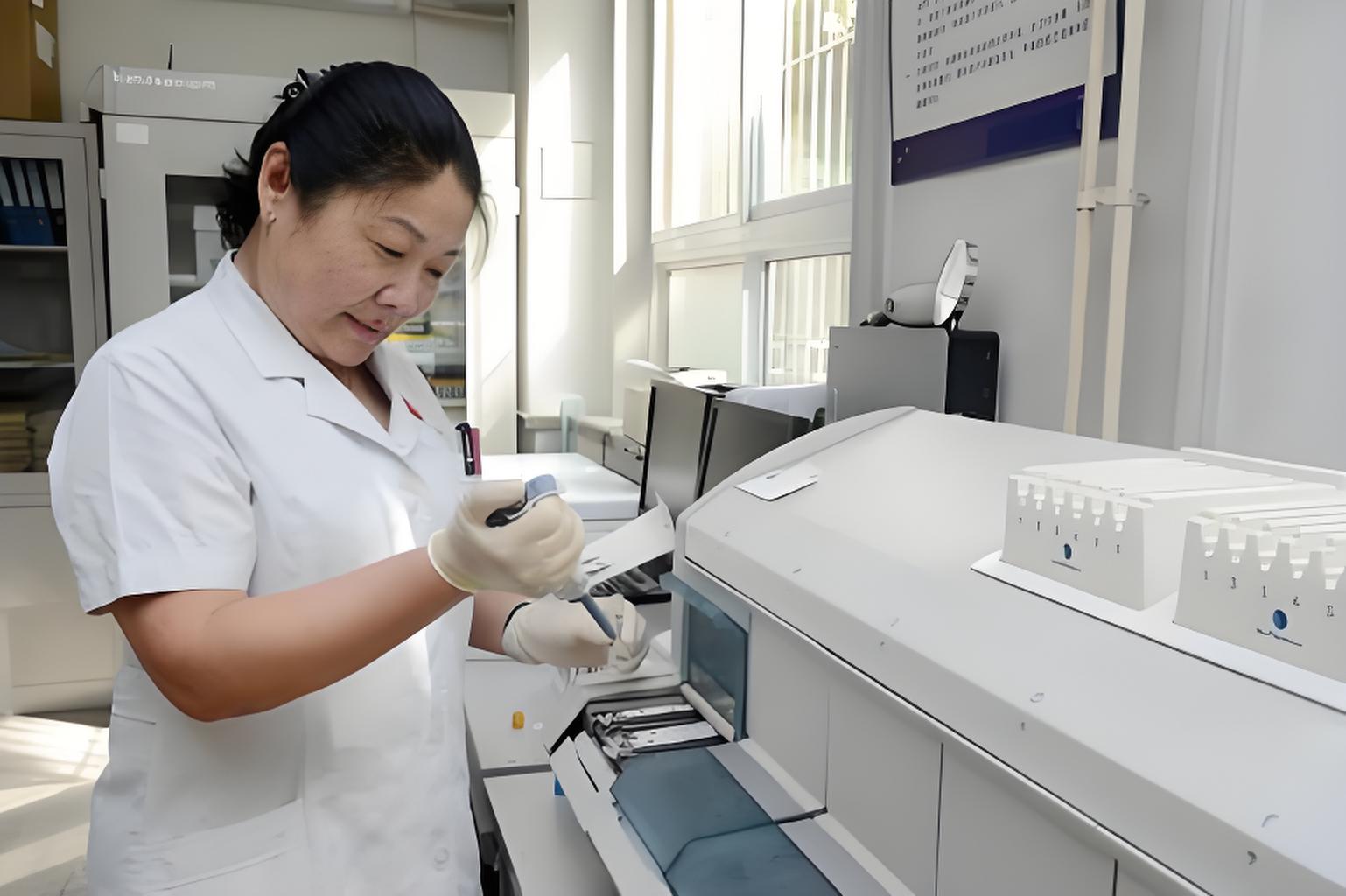Effective Strategies for Preventing AIDS: Your Ultimate Guide
In the realm of public health, the fight against AIDS (Acquired Immune Deficiency Syndrome) remains a pivotal battle. With the right knowledge and practices, the transmission of HIV, the virus that leads to AIDS, can be significantly curbed. Here, we explore some of the most effective strategies for preventing AIDS, empowering you with the tools to protect yourself and those around you.

1. Understand and Practice Safe Sex
Engaging in sexual activity without adequate protection is one of the primary routes of HIV transmission. Using condoms consistently during vaginal, anal, or oral sex provides a physical barrier against the virus. Moreover, limiting sexual partners and engaging in open, honest communication about sexual health and HIV status further reduces risk.
2. Avoid Sharing Injectable Drugs or Needles
Injection drug use, especially with shared equipment, is another high-risk behavior for HIV transmission. Utilizing clean, sterile needles and syringes every time you inject drugs can prevent contamination. Many communities offer needle exchange programs that provide access to safe injection supplies, reducing harm and transmission rates.
3. Seek Timely Medical Care and Testing
Regular health check-ups and timely HIV testing are crucial. Early diagnosis allows for prompt treatment with antiretroviral therapy (ART), which can suppress the virus to undetectable levels, greatly reducing the likelihood of transmission. Additionally, knowing your status helps in making informed decisions about sexual and reproductive health.
4. Educate and Advocate
Knowledge is power. Educate yourself and others about HIV and AIDS, dispelling myths and stigma that hinder effective prevention efforts. Advocate for comprehensive sex education in schools and communities, ensuring everyone has access to accurate information.

5. Mother-to-Child Prevention
Pregnant women living with HIV can take measures to prevent transmitting the virus to their babies. Antiretroviral medications, combined with proper medical care during pregnancy and childbirth, can significantly lower transmission rates. Breastfeeding alternatives should be discussed with healthcare providers.
In conclusion, preventing AIDS is a shared responsibility that requires individual vigilance, community support, and access to healthcare services. By adopting these strategies, we can collectively move towards a future where HIV transmission is rare, and the impact of AIDS is minimized. Remember, prevention is always better than treatment, and every small action counts in the fight against AIDS.
为何艾滋病的早期发现至关重要?在感染初期,HIV病毒会迅速增殖,并潜入特定细胞内形成长期休眠的病毒储备库。尽管抗病毒药物能有效清除游离状态的HIV,但对于这些潜伏的病毒库却束手无策。原因在于,HIV一旦感染人体,就会通过逆转录机制将其遗传信息嵌入宿主DNA中,形成前病毒状态,构成难以清除的病毒库。一旦停止治疗,这些病毒库中的病毒会再度活跃,导致病毒载量急剧攀升,这也是患者需要终身服药、疾病难以根治的根源所在。
艾滋病的发现时间越晚,体内的病毒库规模越大,治疗难度也随之增加,病情进展更为迅速。因此,对于有过高危行为的人群,强烈推荐优先考虑核酸检测。核酸检测不仅具有较短的窗口期和高度的准确性,更重要的是,它能在感染HIV后的早期阶段(病毒载量达到高峰前的2-4周,此时每天可产生10亿个病毒颗粒)迅速识别病毒,为患者争取到宝贵的治疗时机。
早期发现艾滋病意味着病情更易控制。若能及时发现并治疗,艾滋病可被视为一种慢性疾病,对患者的预期寿命影响有限,且国家提供免费治疗服务。然而,若发现较晚,患者的平均寿命可能仅为2-10年,这无疑是一个令人痛心的结果。
若您计划进行核酸检测,请务必选择具备完整资质的大型实验室,最好是全国知名的艾滋病检测实验室。这是因为核酸检测需要高度专业化的设备和技术支持,操作复杂且技术要求高,必须由专业技术人员进行。选择这样的实验室,可以确保您获得的结果更加可靠。



